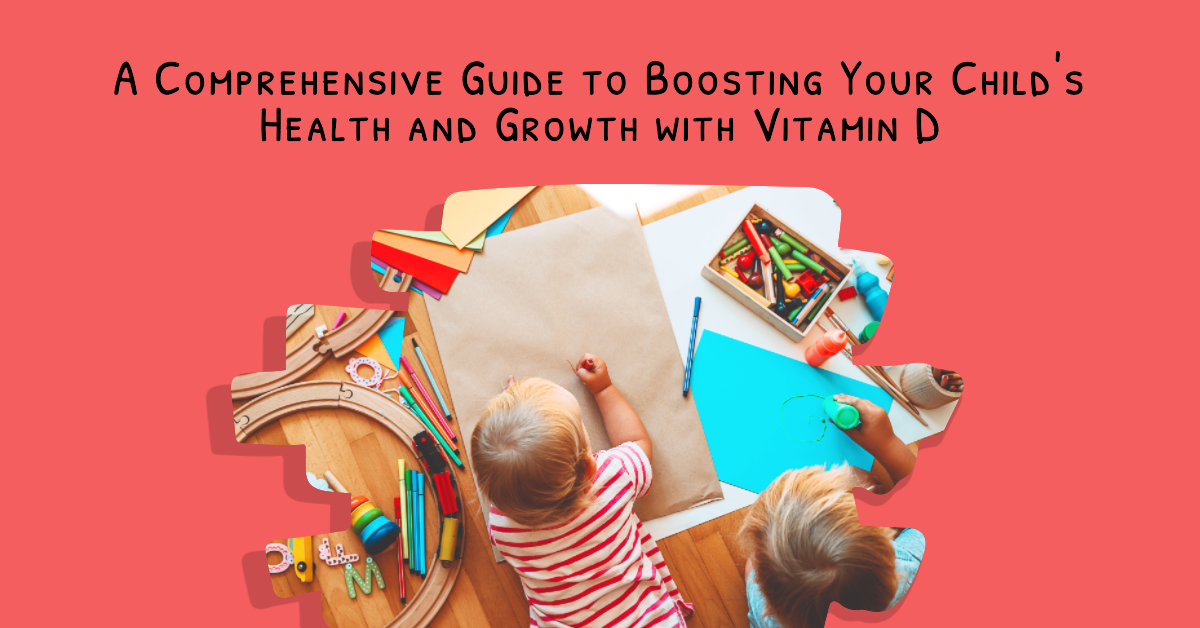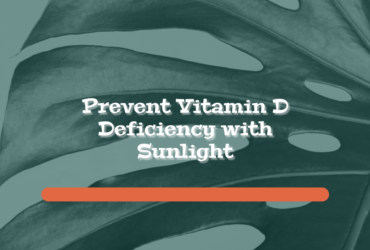In the realm of children’s health, ensuring they receive proper nutrition is paramount. One essential nutrient that plays a crucial role in their growth and well-being is Vitamin D. Often referred to as the “sunshine vitamin,” Vitamin D is vital for bone health, immune function, and overall development. In this comprehensive guide, we will delve into everything you need to know about Vitamin D for kids, including its benefits, sources, deficiency risks, and more.
Table of Contents
Vitamin D for Kids: Unveiling Its Benefits
Vitamin D offers a plethora of benefits that contribute to a child’s health and vitality. From promoting strong bones and teeth to bolstering the immune system, here are some key advantages:
- Enhanced Bone Health: Vitamin D aids in the absorption of calcium and phosphorus, crucial minerals for bone and teeth development. It plays a pivotal role in preventing rickets, a condition characterized by weak and brittle bones.
- Boosted Immune System: This vitamin acts as a modulator for the immune system, helping the body defend against infections and illnesses.
- Support for Growth: Vitamin D supports the growth of healthy tissues and organs, ensuring that children develop properly.
- Mood Regulation: Research suggests a link between Vitamin D and mood regulation, potentially reducing the risk of mood disorders in children.
Sources of Vitamin D for Kids: Sunlight, Diet, and Supplements
To ensure your child receives adequate Vitamin D, it’s important to explore various sources:
1. Sunlight: Nature’s Vitamin D Source
Sun exposure is a natural way to obtain Vitamin D. When sunlight interacts with the skin, the body produces Vitamin D. To maximize this source:
- Recommended Time: Aim for 10-30 minutes of sunlight exposure, several times a week.
- Best Time: Mid-morning or late afternoon sunlight is optimal.
- Exposure Factors: Factors like skin tone, location, and sunscreen usage influence Vitamin D synthesis.
2. Dietary Sources of Vitamin D
Include these Vitamin D-rich foods in your child’s diet:
- Fatty Fish: Salmon, mackerel, and tuna are excellent sources.
- Fortified Foods: Look for fortified milk, cereal, and orange juice.
- Egg Yolks: Egg yolks contain small amounts of Vitamin D.
3. Vitamin D Supplements
Supplements can be beneficial, especially in cases of limited sun exposure or dietary restrictions. Consult a pediatrician for proper dosage recommendations.
The Risk of Vitamin D Deficiency in Kids
Vitamin D deficiency is a concern, with potentially serious consequences. Lacking adequate Vitamin D can lead to:
- Weak Bones: Rickets, characterized by weakened bones and skeletal deformities.
- Delayed Growth: Insufficient Vitamin D may hinder proper growth and development.
- Compromised Immunity: Increased vulnerability to infections and illnesses.
- Mood Disorders: Some studies suggest a link between low Vitamin D levels and mood disorders in children.
Ensuring Optimal Vitamin D Levels: Tips for Parents
As a parent, you can take proactive steps to ensure your child’s Vitamin D intake remains optimal:
1. Balanced Sun Exposure
Strike a balance between sun protection and Vitamin D synthesis. Encourage outdoor activities during appropriate times.
2. Nutrient-Rich Diet
Incorporate Vitamin D-rich foods into your child’s diet for a well-rounded nutrient intake.
3. Regular Pediatric Check-ups
Schedule regular check-ups to monitor your child’s growth and nutritional needs. Discuss Vitamin D with the pediatrician.
Conclusion
Vitamin D plays a pivotal role in ensuring your child’s health, growth, and development. By understanding its benefits, sources, and risks of deficiency, you can make informed decisions to safeguard your child’s well-being. Remember, a balanced approach to sun exposure, a nutrient-rich diet, and regular medical guidance are key to maintaining optimal Vitamin D levels in kids.
FAQs
-
How much sun exposure is safe for my child?
Safe sun exposure varies based on factors like location, skin tone, and time of day. Generally, 10-30 minutes of mid-morning or late afternoon sun exposure a few times a week is beneficial.
-
Can my child get enough Vitamin D from diet alone?
While diet contributes, it’s often challenging to meet Vitamin D needs through food alone. Sunlight or supplements may be necessary.
-
Are there risks of excessive sun exposure?
Prolonged and unprotected sun exposure can increase the risk of skin damage and skin cancer. Always use sunscreen and protective clothing.
-
What’s the recommended Vitamin D supplement dosage?
Dosage varies based on age and individual needs. Consult a pediatrician for personalized recommendations.
-
Can Vitamin D deficiency lead to behavioral issues in kids?
Some studies suggest a potential link between low Vitamin D levels and behavioral disorders, although more research is needed.
-
Are there any natural food sources of Vitamin D for kids who are picky eaters?
Yes, fatty fish, fortified dairy products, and egg yolks are good options. You can also consider supplements under a doctor’s guidance.
Ensuring that children receive sufficient Vitamin D is a crucial aspect of promoting their healthy growth and development. From strong bones to a robust immune system, the benefits of this essential nutrient are far-reaching. By prioritizing their nutritional needs, we pave the way for brighter, healthier futures for our little ones. To explore more insightful articles on child health and nutrition, click here. Empower yourself with knowledge for the well-being of your children.














Leave a Reply
View Comments